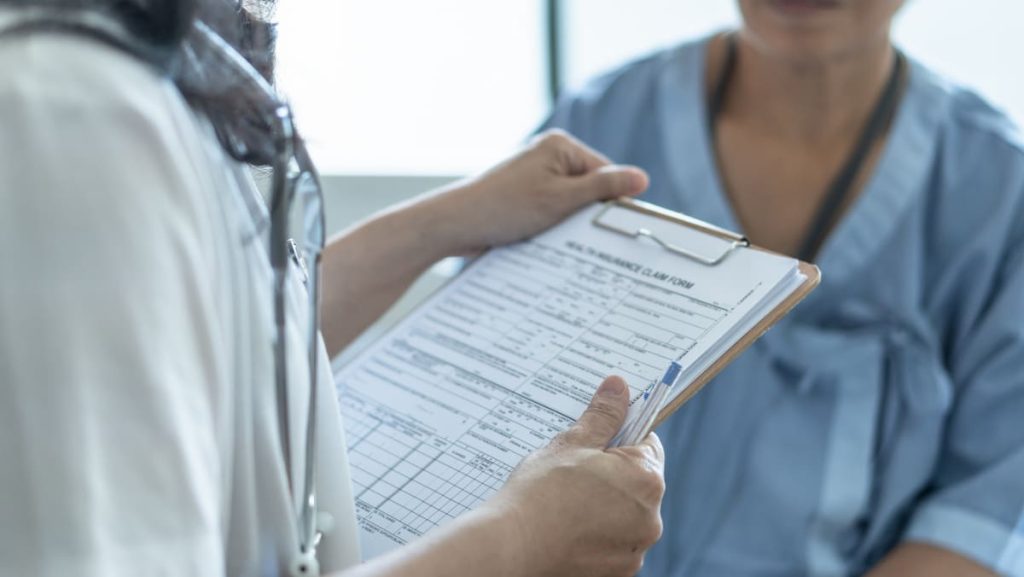Indonesia’s President-elect Prabowo Subianto has announced plans to launch a free medical check-up programme targeting 55 million Indonesians starting from 2025. The initiative aims to focus on key health indicators such as blood pressure, blood sugar, uric acid, and early detection of severe diseases. This ambitious health initiative aligns with the government’s efforts to combat tuberculosis, which remains a major public health challenge in Indonesia, with the country ranking second globally for TB cases.
The free medical check-up programme will initially prioritize individuals over the age of 50 and those considered at high risk of contracting TB or other serious illnesses. Over the next five years, the program will expand to cover an estimated 200 million citizens. The government has allocated a total of 5 trillion rupiah from the 2025 draft State Budget to fund the initiative and improve healthcare infrastructure, with 3.3 trillion rupiah specifically earmarked for the check-up programme and 1.7 trillion rupiah for expanding healthcare facilities.
The focus of the initiatives is not only on treatment but also on promoting preventive care and healthy living among Indonesians. By encouraging early detection and routine health monitoring, the programme aims to reduce the financial burden on the Social Security Agency for Health (BPJS Kesehatan), which currently covers a significant portion of the population’s healthcare costs. The aim is to build a healthier, more productive generation by safeguarding the health of Indonesia’s human resources through the free medical check-up programme.
Despite the ambitious goals of Mr Prabowo’s administration, questions remain about how the new programme will integrate with existing healthcare services in Indonesia. Discussions are ongoing between the incoming administration and the national health care agency BPJS Kesehatan regarding the potential involvement of BPJS Kesehatan in administering the programme or managing its payment schemes. Health experts have expressed cautious optimism about the programme, with some supporting it as a critical preventive measure aimed at curbing the decline in public health standards and reducing future healthcare costs.
Mr Ali Ghufron Mukti, director-general of BPJS Kesehatan, noted that health screening programmes are already available annually to all participants under the National Health Insurance scheme (JKN). The hope is that by focusing on preventive care, the state can reduce the burden on the national healthcare budget and avoid overwhelming healthcare costs for BPJS Kesehatan beneficiaries. Overall, the free medical check-up programme is seen as a vital step towards improving public health in Indonesia and building a healthier, more productive population.


